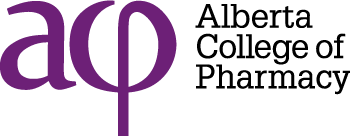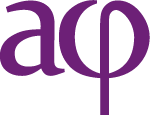



The CCP requires the following of all pharmacists and pharmacy technicians each continuing education (CE) cycle:
Pharmacists and pharmacy technicians can access all program materials through the CCP portal. You will fill out all forms, upload documents, and compile a portfolio of your learning in your own secure online repository. Your professional portfolio must be submitted to ACP via the CCP portal in order to renew your practice permit.
For more information about the rules and requirements of the CCP, refer to the CCP manuals for pharmacists and pharmacy technicians.
In some cases, registrants may be referred to ACP’s Practice Improvement Program (PIP). While participating in the program, registrants will work with the ACP competence staff and the competence committee to develop and carry out a plan to improve areas of their practice. The competence committee will assign activities to help those referred to the program to learn and improve their practice.
For more information on the Practice Improvement Program, refer to the CCP manuals for both pharmacists and pharmacy technicians or to our Full Scale article.
View information about registrants suspended or cancelled in relation to unprofessional conduct based, in whole or in part, on sexual abuse or sexual misconduct.
Please review our disclaimer regarding information returned by the public register.